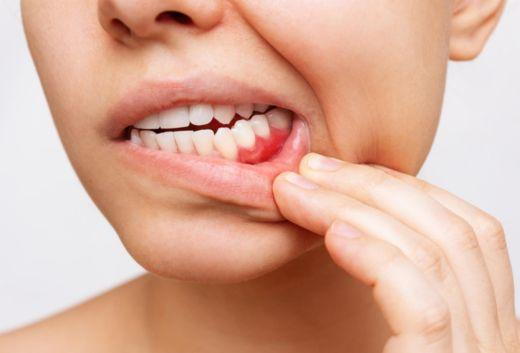
Seeing blood in the sink after brushing or flossing may scare you and you may wonder how your gums are bleeding when you don't have any injuries. While it is not always necessary that bleeding gums result from an injury, various underlying dental conditions can also cause bleeding gums. Let us discuss below the five major causes of bleeding gums. and what you can do about it.
Top 5 Reasons for Bleeding Gums
1. Gingivitis
One of the primary causes of bleeding gum is gingivitis, a mild form of gum disease. Gingivitis occurs when plaque, a sticky film of bacteria, builds up on your teeth due to poor oral hygiene. This buildup can irritate and inflame your gums, making them swollen, red, and more prone to bleeding.
2. Underlying Health Conditions
In some cases, bleeding gum can be a symptom of an underlying health condition. Diseases like diabetes, leukemia, and autoimmune disorders can affect your body's ability to fight infections, leading to gum disease and bleeding gums. If you have a chronic health condition, it's important to maintain good oral hygiene and inform your dentist.
3. Hormonal Changes
Fluctuations in hormones, such as those experienced by women during pregnancy, menstruation, or menopause, can make your gums more sensitive and prone to bleeding. These hormonal shifts can cause an exaggerated response to plaque buildup, leading to gum inflammation and bleeding.
4. Brushing Too Hard
While it's important to brush your teeth thoroughly, applying too much force can damage your gums and cause them to bleed. Brushing too hard or with a hard-bristled toothbrush can irritate and wear down your gum tissue over time, leading to bleeding gum.
5. Periodontitis
When gingivitis progresses, periodontal disease (periodontitis) can develop. An infection of the jawbone, supporting tissues that hold your teeth and gums together, and gums is known as periodontal disease. Your teeth may come loose or fall out as a result of periodontitis.
Tips for Maintaining Healthy Gums
To keep your gums healthy and prevent bleeding, follow these simple steps:
- Use a soft-bristled toothbrush
- Floss once a day to remove plaque from areas your toothbrush can't reach
- Use an antiseptic mouthwash to help control plaque and gingivitis
- Visit your dentist for regular dental routine check-ups
- Quit smoking or using other tobacco products
- Follow a vitamin D and nutrients rich diet
.
Also, it is important to keep in mind that if you experience persistent or excessive bleeding from your gums, it's essential to visit your dentist. They can identify the root cause and provide appropriate treatment, which may include improved oral hygiene practices, medication, or addressing any underlying health issues.
Remember, bleeding gum should not be ignored, as it can lead to more serious gum disease and potential tooth loss if left untreated. By understanding the common causes and taking prompt action, you can maintain good oral health and prevent further complications.
